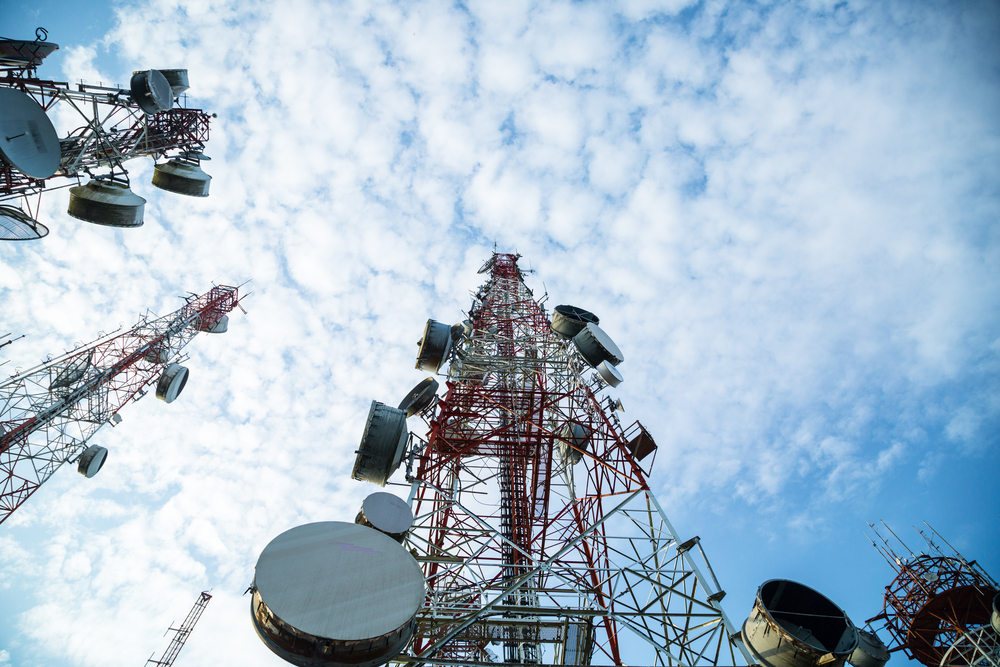3G/LTE MICROWAVE TRANSMISSION NETWORK PLANNING

Cloud & Blockchain Training
5 days
Course description
This course provides participants with a solid understanding of microwave radios, statistical multiplexing, delay and jitter, and packet transmission through adaptive modulation. It’s considered one of the most intense programs that enrich participants’ knowledge about planning and deployment of 3G/LTE transmission networks.
Target audience
Access Transmission Engineers, and Technicians also Managers who are working closely with Transmission Networks
Course requirements
Basic knowledge of Microwave design and planning concepts
Course Plan
|
Section 01 Brief Overview 3G Family of Standards | |
|
Section 02 Planning 3G Access Links with IP Based MW Radios | |
|
Section 03 Overview of Link Planning with Legacy 2G TDMA Systems | |
|
Section 04 Details of IP Over TDM and Native Ethernet Radios | |
|
Section 05 3G Access and Core Network Definitions | |
|
Section 06 Use and Applications of IP Radios | |
|
Section 07 New Availability and Reliability Requirements in 3G Transmission Links | |
|
Section 08 Traffic Shaping, Engineering & Protection Levels in IP Radios | |
|
Section 09 OSI Layers 1, 2 And 3 | |
|
Section 10 Step by Step 3G Network Dimensioning Process | |
|
Section 11 Definition of an All IP 3G Network | |
|
Section 12 3G Network Synchronization Planning | |
|
Section 13 Overview Latency and Jitter in 3G Transmission Networks | |
|
Section 14 End to End Network Testing and Performance Measurements | |
|
Section 15 3GPP Delay and Jitter Requirements Between Node-B and RNC for 3G Access Links | |
|
Section 16 Access Network Planning for 3G HSDPA/LTE Mobile Networks with Microwave IP Packet Radios | |
|
Section 17 Access Network Architecture and Topology Planning | |
|
Section 18 Overview 3G Traffic Requirements | |
|
Section 19 Concept of CIR and PIR in 3G Data Link Planning | |
|
Section 20 Core Network Architecture Requirement Analysis | |
|
Section 21 Overview 2G TDM Microwave Radios and IP Packet Radios |